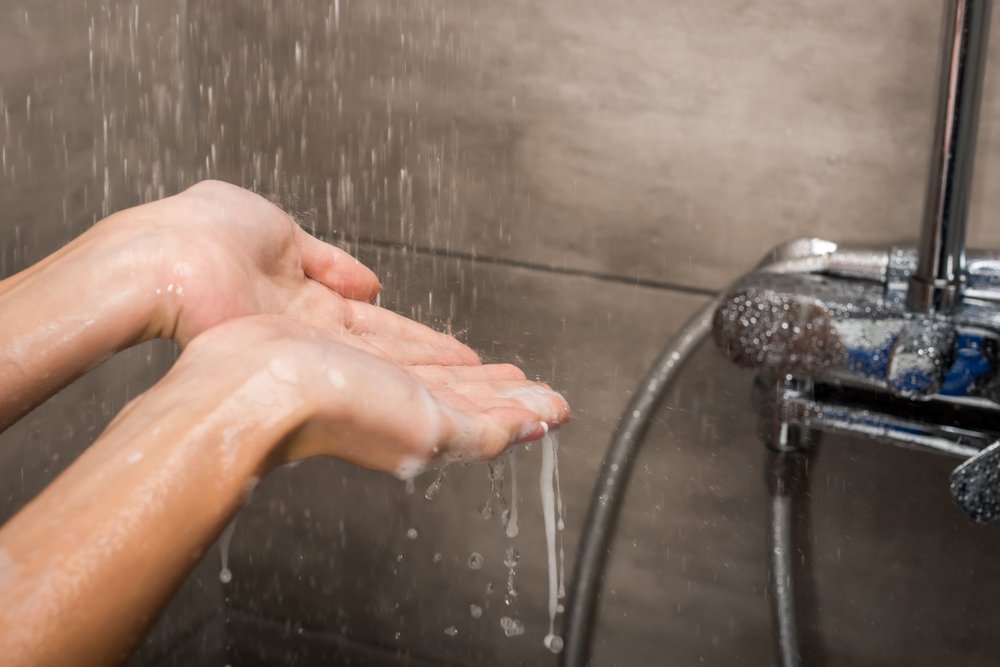New Homeowner's Guide to Bathroom Plumbing: Essential Tips
New Homeowner's Guide to Bathroom Plumbing: Essential Tips
Blog Article
What are your concepts on 6 Essential Plumbing Checks for New Homeowners?

For brand-new homeowners, understanding and maintaining restroom plumbing can save both money and time by stopping expensive problems down the line. Here are some important bathroom pipes pointers to aid you keep everything running efficiently.
Get Ready For Cold Weather
Shield your pipes from cold throughout winter by shielding pipelines in unheated locations like cellars, attic rooms, and garages. During severe chilly, let cold water drip from taps offered by subjected pipelines to help avoid cold.
Schedule Routine Upkeep
Take into consideration scheduling yearly inspections with a certified plumbing. They can find issues that you could miss out on, such as concealed leaks or wear and tear on pipes and fixtures. Normal upkeep helps expand the life of your plumbing system and can avoid emergencies.
Acquaint Yourself with the Main Shut-Off Shutoff
Knowing where the major water shut-off valve lies in your home is essential. This permits you to quickly turn off the supply of water in case of significant leakages or during pipes emergency situations, avoiding considerable water damage.
Frequently Inspect for Leaks
Tiny leakages can bring about large troubles. Regularly examine under sinks, around toilets, and near pipes fixtures for any type of indications of leaks. Seek wetness, little drips, or corrosion. Catching and repairing leaks early can prevent much more serious damage and save water.
Maintain Your Water Heater
Ensure your water heater is set to a suitable temperature (typically about 120 degrees Fahrenheit) to prevent hot and reduce power usage. Flush the storage tank annually to eliminate debris buildup, which can minimize the performance and lifespan of your heating unit.
Update Your Components
If your home has older components, consider updating to extra effective models. Modern commodes, showerheads, and faucets are designed to use much less water while supplying great pressure, which can significantly lower your water expense and ecological impact.
Be Cautious with Do It Yourself Plumbing Repairs
While it's alluring to deal with all home repairs on your own, be cautious with pipes. Some issues could require specialist knowledge, particularly if they involve main water lines or sewage system repair work. Employing an expert can often be extra affordable than DIY, particularly if it avoids additional damage.
Don't Neglect Slow Drains Pipes
If your sink or bath tub is draining pipes slowly, it's typically an indication of a blockage creating. Resolving this early can prevent a total obstruction. Use a plunger or a plumbing technician's snake to remove debris. Avoid using chemical drainpipe cleaners as they can harm your pipes with time.
Know What Not to Flush
Toilets are not waste disposal unit. Prevent flushing anything besides bathroom tissue and human waste. Products like wipes, womanly hygiene products, and cotton swabs should be disposed of in the garbage to prevent obstructions and sewage system backups.
Set Up Strainers in Drains
Location filters in your sink and bath tub drains to catch hair and various other particles before they enter your pipes system. Cleaning the filters routinely will assist stop accumulation and keep water streaming openly.
Verdict
Understanding and preserving your home's restroom pipes can prevent many common concerns. By adhering to these crucial ideas, you can guarantee your shower room continues to be functional and effective, saving you money and time over time.
Essential Plumbing Tips for Homeowners: Keep Your Pipes Flowing Smoothly
As a homeowner, understanding the basics of your plumbing system can save you time, money, and a lot of headaches. Plumbing issues can range from minor annoyances like dripping faucets to major problems like burst pipes that cause significant damage. This guide provides essential tips to help you maintain your plumbing system and tackle common issues.
Understanding Your Plumbing System
Supply System: Brings fresh water into your home from a municipal source or a well. Drain-Waste-Vent System: Removes wastewater and vents sewer gases outside. Fixtures and Appliances: Includes sinks, toilets, showers, dishwashers, and washing machines. Basic Maintenance Tips
Regular Inspections: Periodically check for leaks, corrosion, and other signs of wear and tear. Look under sinks, around toilets, and near water heaters. Know Your Main Shut-Off Valve: In case of a major leak, you’ll need to shut off the water quickly. Ensure everyone in your household knows where the main shut-off valve is located. Prevent Frozen Pipes: In cold climates, insulate exposed pipes and let faucets drip during extreme cold to prevent freezing. Use Strainers: Install strainers in sinks and tubs to catch hair, food particles, and other debris that can cause clogs. Common Plumbing Issues and Solutions
Clogged Drains:
Prevention: Avoid pouring grease down the drain and use drain screens to catch debris. DIY Fix: Use a plunger or a plumbing snake to clear minor clogs. For stubborn clogs, a mixture of baking soda and vinegar can sometimes help. Leaky Faucets:
Prevention: Replace washers and seals regularly. DIY Fix: Turn off the water supply, disassemble the faucet, and replace worn parts.

Services Report this page